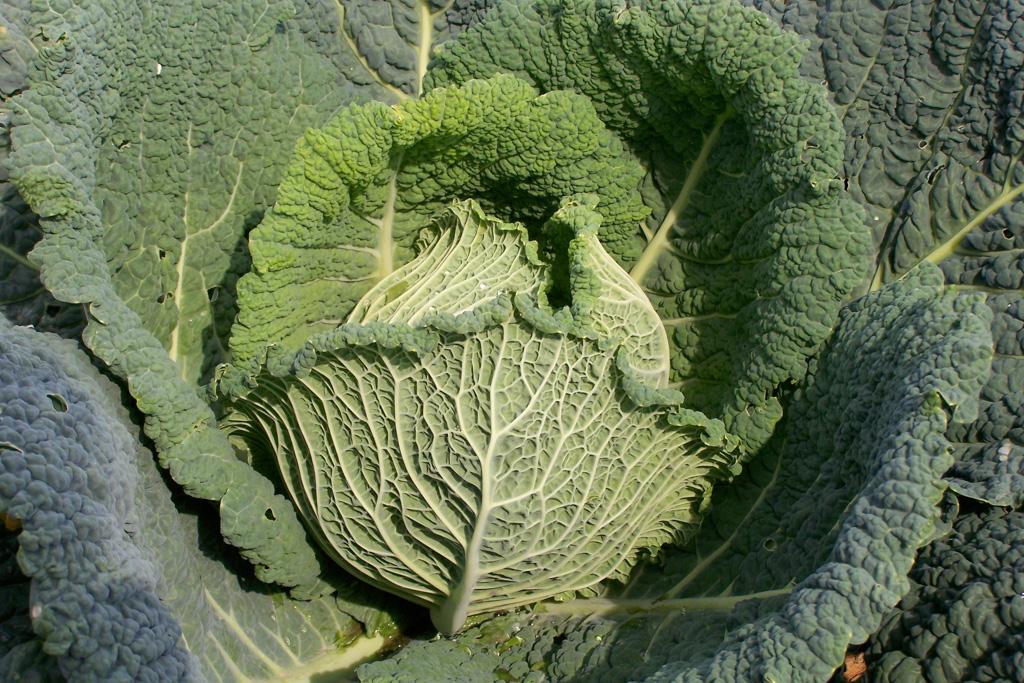This piece was originally published as an op-ed in VT Digger on 3/22/24.
The new Vermont Food Security Roadmap to 2035 is the result of a yearslong intensive process led by a coalition of food access, farming and community organizations. The Roadmap lays out a set of strategies that lead to a truly food-secure Vermont in which everyone has the food they need, local farming remains viable and resilience in a changing climate is planned for seriously.
The United Nations defines food security as “when all people, at all times, have physical, social and economic access to sufficient, safe and nutritious food that meets their dietary needs and food preferences for an active and healthy life.”
Vermont’s own plan further clarifies that “equitable food security for Vermonters is entwined with strengthening Vermont agriculture so that we have a secure, reliable and resilient food supply in times of emergency.” Alongside complementary federal initiatives, the Roadmap focuses on effective strategies that Vermont communities, farms and legislators have the agency and power to execute — addressing root causes rather than applying Band-Aids.
The Legislature has the opportunity this session to take action and lead our state toward real food security. We’ve had enough disruption in the food system to understand we need to take action.
Last summer, many farmers lost their whole crop to either late frosts or record flooding. In the face of a changing and erratic climate, federal risk management programs did not serve Vermont’s farmers well, leaving them wondering how, or if, they would be able to continue to produce food while protecting Vermont’s working landscape.
During the early Covid-19 pandemic, we saw bare grocery shelves as the crisis laid plain the brittleness of the industrialized, consolidated food system. And in the years between pandemic and floods, economic conditions have continued to deteriorate, leaving increasing numbers of Vermonters hungry and farmers struggling to survive. Needing a plan for true food security is the thread connecting all these issues — a thread that we can use to stitch a stronger safety net. The Food Security Roadmap offers that net for us, weaving farm viability, climate resilience, food security and, ultimately, a thriving Vermont.
Vermont’s food security depends most basically on a viable agricultural sector. We need our local farmers to be able to continue growing the food we need here in Vermont. We have the opportunity to support our farmers and ensure they can make a living from growing the food we all need and want. We need sensible subsidies for food system security.
One objective in the Roadmap asks the state to “provide direct, easy-to-access financial support to farmers who provide essential services to Vermont.” We can do this while also achieving a second Roadmap objective: ensuring “the State guarantees Vermonters have the necessary financial resources to meet their basic needs.” How? Putting public funds into programs that support Vermont farmers and limited income Vermonters at the same time, doubling tax dollar impact.
Right now, in the Legislature, NOFA-VT is advocating for $478,500 to be included in the FY25 state budget for local food access programs. This request would primarily fund two proven programs: Crop Cash and Farm Share, which provide food assistance to limited-income Vermonters seeking healthy, fresh, local food while ensuring that Vermont farms are paid a fair market price for their food.
These long-standing programs provide a “double bonus”, using public money for twice the impact. In these innovative programs, every dollar lifts twice its weight: It provides food assistance for limited-income Vermonters and the same exact value in critical revenue for Vermont farms.
Since the onset of the pandemic, demand for these programs has grown by a level of magnitude, paralleling high, sustained food insecurity rates. Our farms deeply value these programs as well and increasingly view them as important pillars of their farm viability.
Given our experience last summer, we know all too well that climate security is essential for food security. We must be conscious about, and work to mitigate, climate change as an integral part of our strategy to achieve permanent food security for everyone here, at all times. Shorter supply chains, excellent land management and diversified farming means strong local food systems, less waste and less carbon.
Strong local food systems create climate resilience for all. Why wait until there is a crisis to show support for the farmers creating climate resilience today?
The ways we grow what we all eat either hurts or helps the climate and our planet. We can support our agricultural sector in helping with the climate crisis right now through the policy and investments outlined in the Roadmap.
Vermont is well positioned to make policy choices that will ensure food security and climate resilience for everyone who lives here. This legislative session, the state has the opportunity to fund some great first steps identified in the Roadmap that will move us closer to this reality of true food security.
Let’s start by funding the local food access programs Crop Cash and Farm Share that get us on our way.

